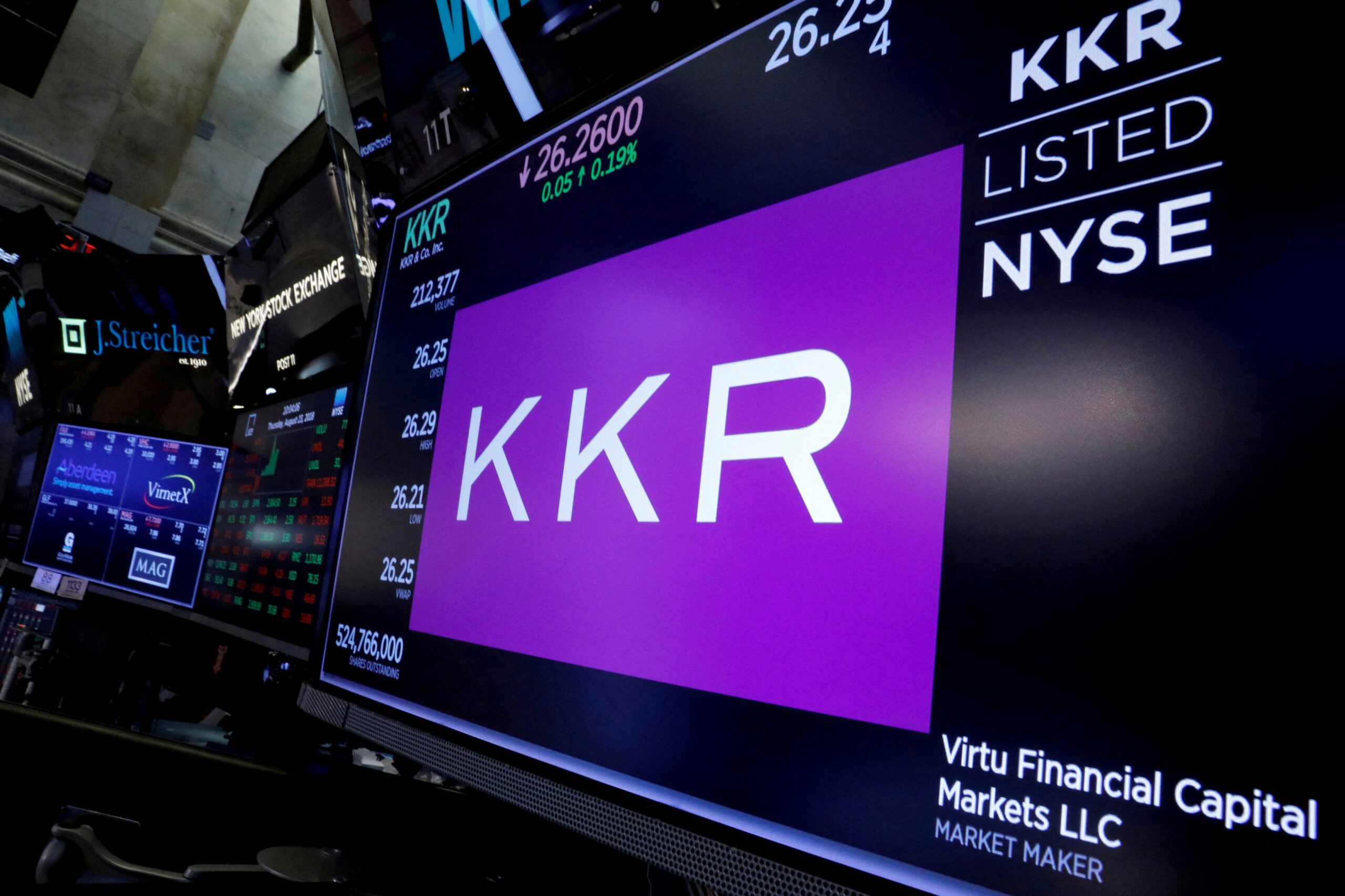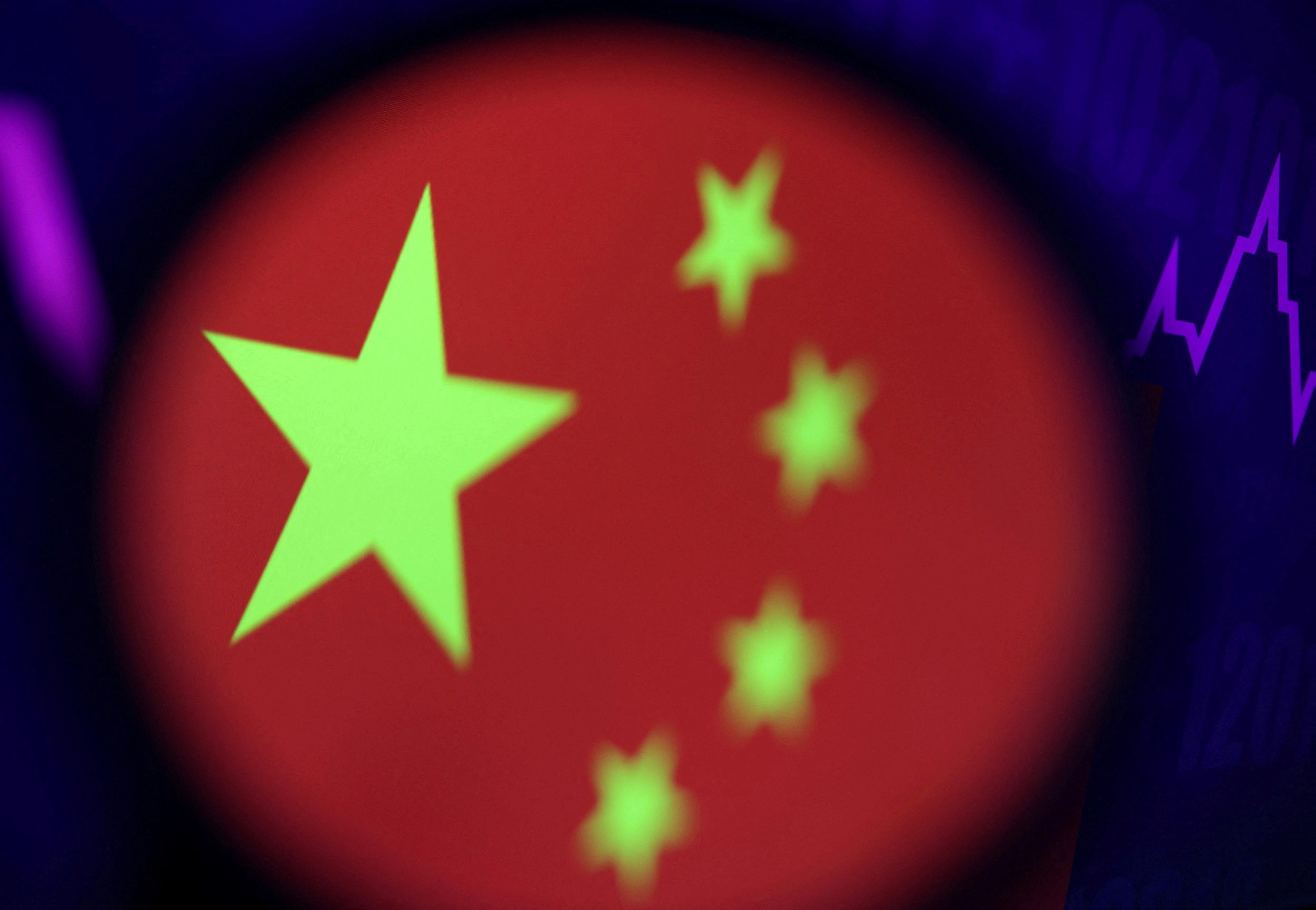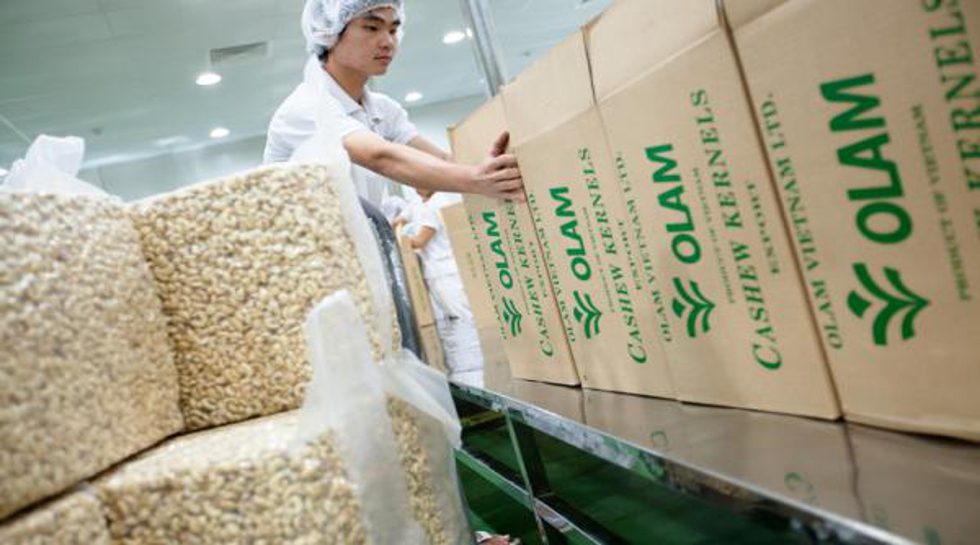BANGKOK, Thailand — Thailand’s sugar cane growers are among the most productive in the world, but they confront two big challenges: a catastrophic drought caused by climate change and rising consumer health awareness. Domestic sugar production for the 2020-21 crop year (November 2020 to October 2021), according to the Thai Sugar Millers Corporation, will be around 6.6 million tons, the lowest level in a decade and less than half of the 14.7 million tons produced in the 2017-18 season, when Thailand had a record sugar cane harvest. Cane crops are being hampered by the drought. Thailand has received less rainfall than usual this year, even during the rainy season. The upcoming crop year’s output is predicted to be similar to that of the 2020-2021 season. Many sugar cane growers are moving to cassava, which is drought-resistant, as they respond to global warming. Changing consumer tastes in Thailand also contribute to the drop in sugar production. Thailand established a sugar tax in 2018 to combat health issues such as obesity and diabetes; the more the sugar content, the higher the charge beverage manufacturers must pay. The following year, the tax was increased. Despite the fact that a second hike set for October may be postponed, the levy has deterred beverage manufacturers from developing sugary beverages. Sugar producers would face increased prices due to tighter supplies and greater levies, further reducing demand for the product and hurting sugar producers.
As people seek healthier choices, beverage manufacturers are making less sugary drinks. courtesy of Getty Images
As customers seek healthier choices, beverage manufacturers are creating less treacherous mixtures. Coca-Cola just introduced a new sugar-free soft drink. Its rivals are following suit. TCP Group, which produces the well-known energy drink Red Bull in Korea, has recently released a new speciality drink with less sugar and Korean ginseng extract. Analysts say beverage producers are adding natural extracts and vitamins to their goods to keep consumers buying because their customers are more worried about their health these days. TCP Group, for example, joined the functional drink industry in 2018, shortly after the sugar levy was implemented by the government. Functional and speciality beverage income increased from 7 billion baht in 2018 to 9.2 billion baht in 2020. These actions are motivated by growing sugar costs as well as a desire to maintain market share in Thailand’s soft drink sector. “We can see that beverage companies are modifying themselves to match the circumstances fairly well,” said a Kasikorn Research Center analyst, who added that increased sugar prices owing to lesser production are another cause for beverage makers to reduce the sugar content of their goods. Diabetes has been diagnosed in nearly 5 million Thais, costing the government billions of baht each year in public health spending. Thailand’s sweetened soft drink industry decreased to 10.4 billion baht ($320 million) this year, down from 13.1 billion baht before the sugar tax was implemented. Despite this, Thailand’s combined sweetened and nonsweetened soft drink market continues to rise. As consumer behavior alters, the Kasikorn Research Center predicts that the whole soft drink market would expand 1.5 percent in 2021, reaching approximately 200 billion baht ($6.1 billion)./n
Read More




